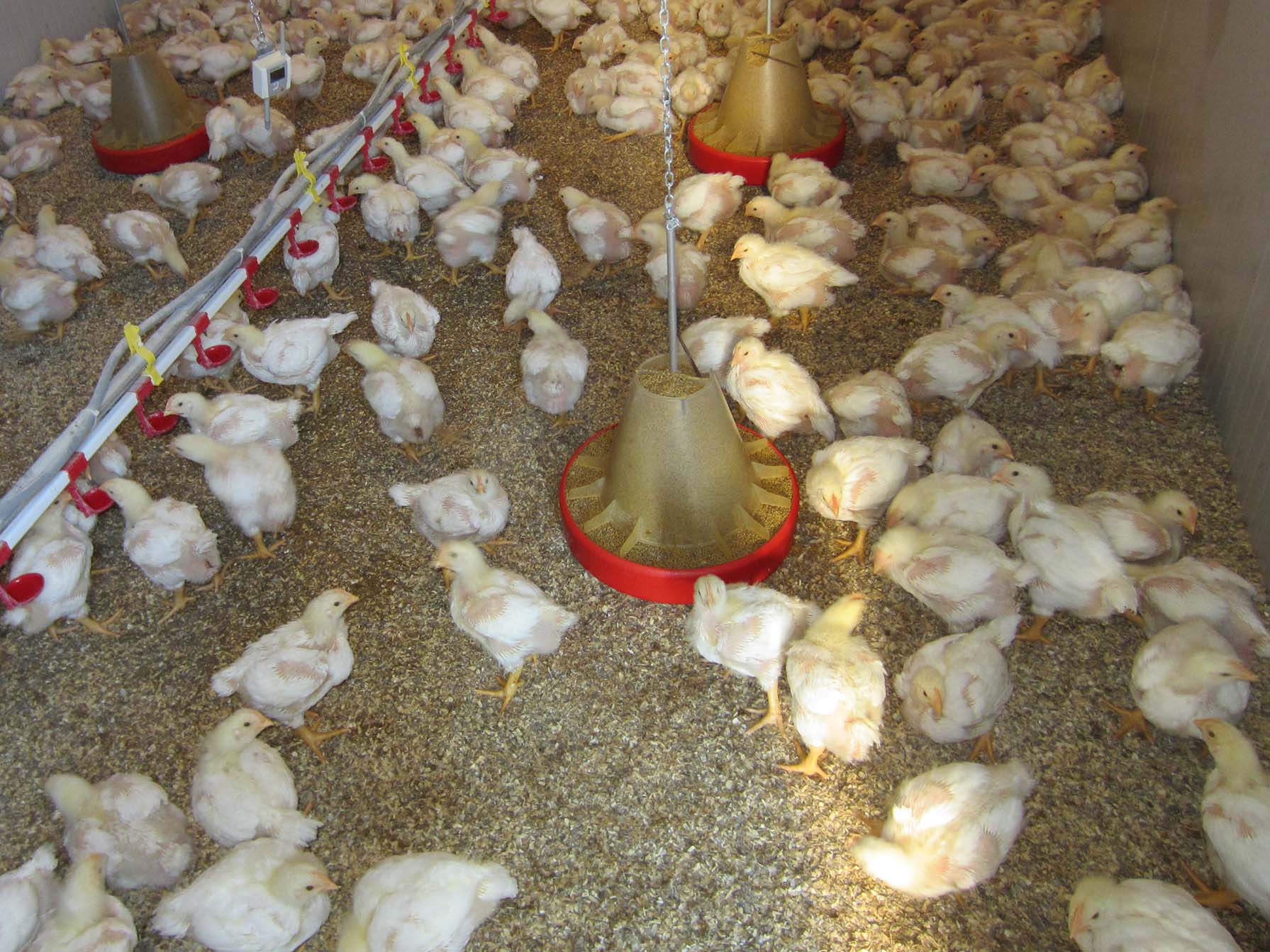Protein components of feed have a significant influence on ammonia and odor emissions from livestock farming - the resulting emissions in the neighborhood regularly lead to problems in practice. Not only are years of delays in agricultural construction processes now a reality - in some federal states there is also the possibility under construction law for the authorities to subsequently intervene in existing and approved stables.
There are various possibilities in practice to influence ammonia and odor emissions from fattening poultry - be it on the one hand by reducing the protein or by using alternative protein sources (see final report on the EmiProt project, DaFNE No. 101024/1) or by the addition of additives in the context of feed production. This final report presents the results of the test runs that were carried out in cooperation with Green Innovation.
Before the widespread use of alternative protein sources, supplementary feed or new recipes in practice, the domestic poultry industry needs reliable knowledge about the potential effects of the components used. In the present series of tests with a product from Green Innovation (PhytOxal, a 100% natural raw material made from a combination of 90% Oxilem and 10% Argat), potential influences on fattening performance (daily gain, final fattening weight, feed conversion) and release were examined of harmful gases (ammonia) and the release of odors in poultry farming. In addition, analytical studies were carried out on the feed used, the quality of the meat and the excretions.
were carried out in the HBLFA







